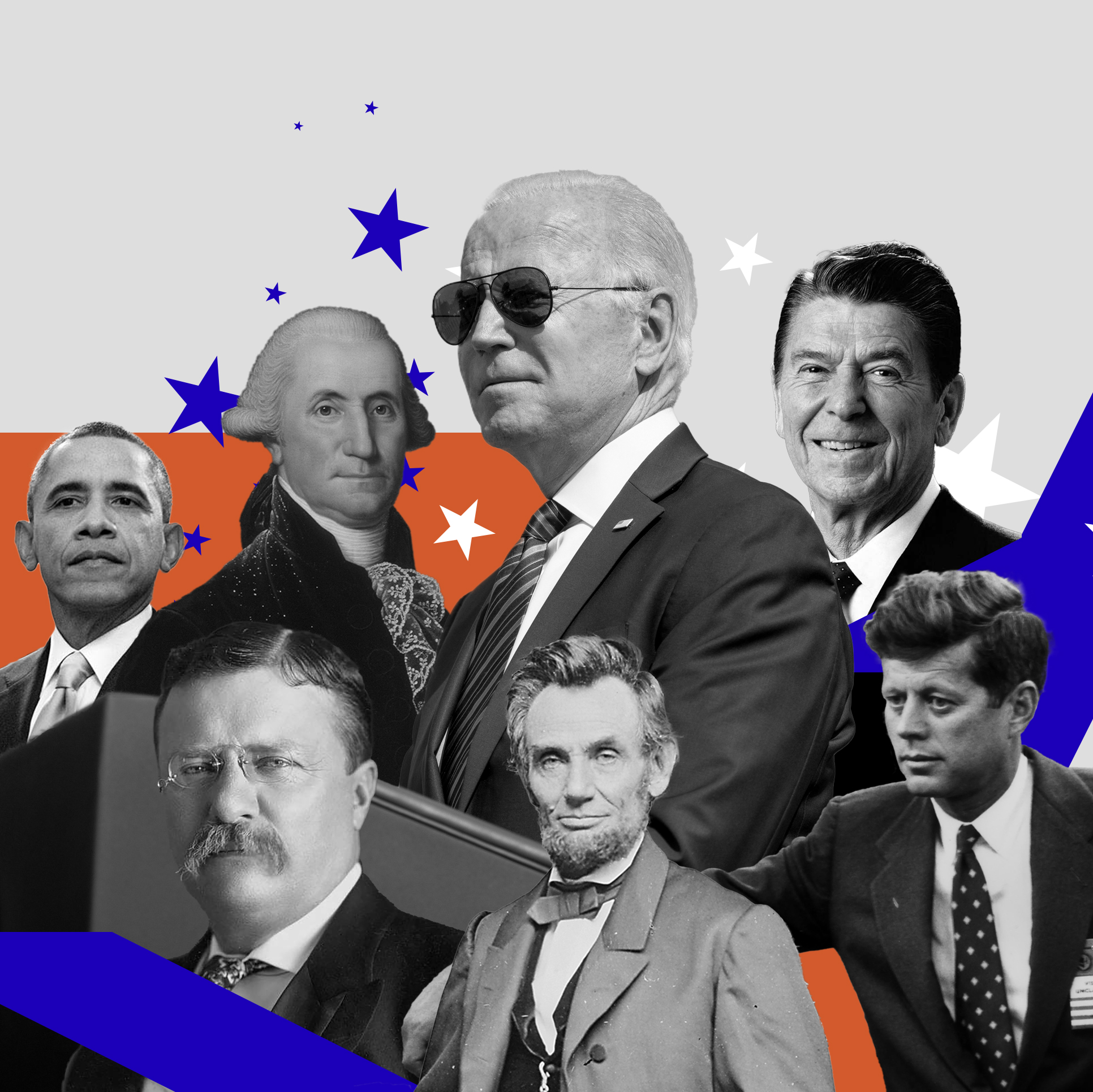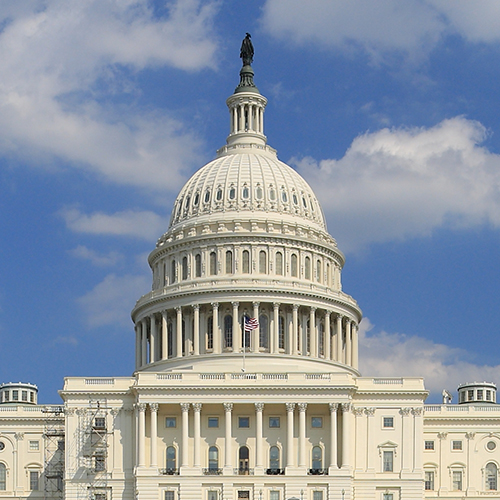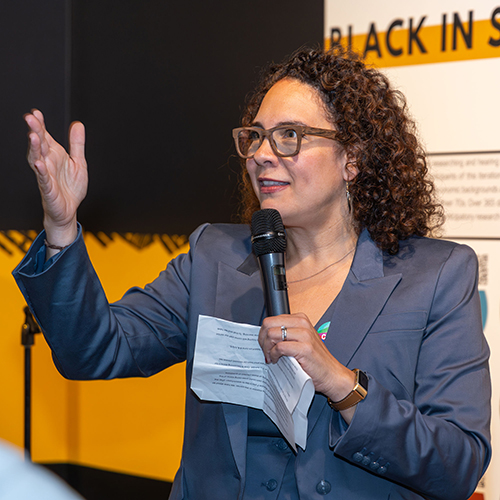May 16, 1942. Five months after the Japanese bombed Pearl Harbor, the last Seattle bus taking Japanese Americans to internment camps was about to leave. And Gordon Hirabayashi’s life was about to change forever.
Hirabayashi (‘46,‘49,‘52), who was in his senior year at the UW, refused to get on the bus. Instead he turned himself in to the FBI. He was one of only three Japanese Americans to violate the government’s exclusion order.
“I wasn’t a rebel looking for a cause,” says Hirabayashi. “In fact, I was preparing to go. But in the days before I was supposed to leave, I realized that I couldn’t do it.”
Months earlier, Hirabayashi could not have imagined that he would be put in such a position. He recognized that his parents and other Japanese immigrants might have a problem, since they had not been eligible for naturalization when they entered the United States. “But the second generation, my generation, were U.S. citizens,” says Hirabayashi. “We had Constitutional rights. I didn’t think anything could happen to us. We had a rude awakening.
The first sign of trouble came a month earlier, when all Japanese Americans and other “enemy aliens” were given a curfew. Hirabayashi was in college at the time, living in a YMCA dormitory in the University District. “When curfew came, all my dorm mates were sympathetic to me,” he recalls. “Each day, as it neared 8 p.m., they would find me wherever I was on campus to make sure I made curfew. They didn’t want me to get in trouble.”
Most days, Hirabayashi dashed home. Then came his epiphany. “One day as I was rushing back to the dorm, I thought, ‘Why am I dashing back and my roommates are not?’ As soon as the question came up, I knew I couldn’t accept the curfew. I turned around and went back to the library. Nobody turned me in.”
We had Constitutional rights. I didn't think anything could happen to us. We had a rude awakening.
When the order for forced removal came, Hirabayashi once again intended to follow the rules—at first. “But then I thought, ‘If I couldn’t accept curfew, how can I accept this thing? It’s even worse. I’m not going to allow my citizenship to be usurped without my protest. I’m going to stand up for my rights.’ Immediately I knew I couldn’t board the bus.”
For his actions, Gordon Hirabayashi was tried and convicted in the Federal District Court of Seattle. The case eventually reached the Supreme Court, where the American Civil Liberties Union became involved, arguing that the exclusion order violated Hirabayashi’s civil rights.
“When the case got to the federal courts I thought I might win it, since the primary goal of federal judges was to uphold the Constitution,” recalls Hirabayashi. “But the judge told the jury, ‘You heard the defense talking about defending the Constitution. That’s irrelevant. The issue is the executive order that the military issued.’ Under those circumstances, the jury came back very fast.”
Hirabayashi was convicted and sentenced to 90 days in prison (plus time already served). Getting there, however, wasn’t as easy as it sounds. He was assigned to a minimum security prison in Arizona, but there was no money to transport him. “I asked, ‘Why don’t I go on my own?’” recalls Hirabayashi. The courts agreed to that, and wrote a letter in case he was questioned along the way. “I hitchhiked but didn’t realize how hard it would be due to severe gas rationing. It took me more than two weeks to get there, sleeping in ditches along the way and with friends where I had some. Finally, around Las Vegas, I gave up and bought a bus ticket.”
The story gets even more bizarre. When Hirabayashi arrived at the prison—two weeks late—the staff could not find his papers. They tried to send him home, but Hirabayashi balked at the idea, believing that it could lead to more trouble in the future. “They told me to go out for a nice dinner and a movie while they looked for the papers,” recalls Hira-bayashi. “So I did. By the time I returned, they’d found the papers.”
Hirabayashi’s most salient memory of prison? The food. He liked it. Enough, in fact, that he wrote a complimentary note to the chef. (“It’s the first time he’d gotten a letter like that,” says Hirabayashi.) Soon Hirabayashi began working in the kitchen and discovered that he enjoyed baking. “My sentence was just too short to become a really proficient baker,” he says.
After completing his prison term, Hirabayashi headed back to Seattle and looked for a job in a bakery. When he couldn’t find one, he “figured that was my message to get a degree.” So he returned to the UW and earned a B.A., M.A., and Ph.D. in sociology in less than six years. Then he headed abroad, teaching at American University in Beirut and later in Cairo.
“I literally left with the ink drying on my thesis,” Hirabayashi recalls. “I wanted to have experience that went beyond America. I wanted some alternate viewpoints, to get a broader base in sociology.”
In a career that spanned 31 years, Gordon Hirabayashi served as department chair at three universities, including the University of Alberta, where he spent 24 years before retiring in 1983. His focus was the study of peasants in developing countries and the problems of confronting the mounting impact of post-World War II industrialization.
Soon after retiring, Hirabayashi received a call that would prove consequential. Peter Irons, a political science professor from the University of California, San Diego, had uncovered documents that clearly showed evidence of government misconduct in 1942—evidence that the government knew there was no military reason for the exclusion order but withheld that information from the Supreme Court. With this new information, Hirabayashi’s case was retried and in 1987 his conviction was overturned.
“It was quite a strong victory—so strong that the other side did not appeal,” says Hirabayashi. “It was a vindication of all the effort people had put in for the rights of citizens during crisis periods.”
Did the reversal change Hirabayashi’s view of the United States? Most definitely, he says. “There was a time when I felt that the Constitution failed me,” he explains. “But with the reversal in the courts and in public statements from the government, I feel that our country has proven that the Constitution is worth upholding. The U.S. government admitted it made a mistake. A country that can do that is a strong country. I have more faith and allegiance to the Constitution than I ever had before.”
. . .
In another turn of events, the U.S. Forest Service decided in 1999 to name a recreation area in Arizona—at the site where Hirabayashi served his prison term—the Gordon Hirabayashi Recreation Site. Hirabayashi explains that the honor recognizes all the prisoners' "tremendous contribution of manpower" to the now-completed recreation area.
Related story: Hirabayashi to be Honored by College of Arts & Sciences
More Stories

Is This Presidential Campaign Different?
UW History professor Margaret O'Mara provides historical context for this moment in US presidential politics.

Making Sense of This Political Moment
To navigate this momentous election season, Arts & Sciences faculty suggest 10 books about the US political landscape.

Interrupting Privilege Starts with Listening
Personal stories are integral to Interrupting Privilege, a UW program that leans into difficult intergenerational discussions about race and privilege.